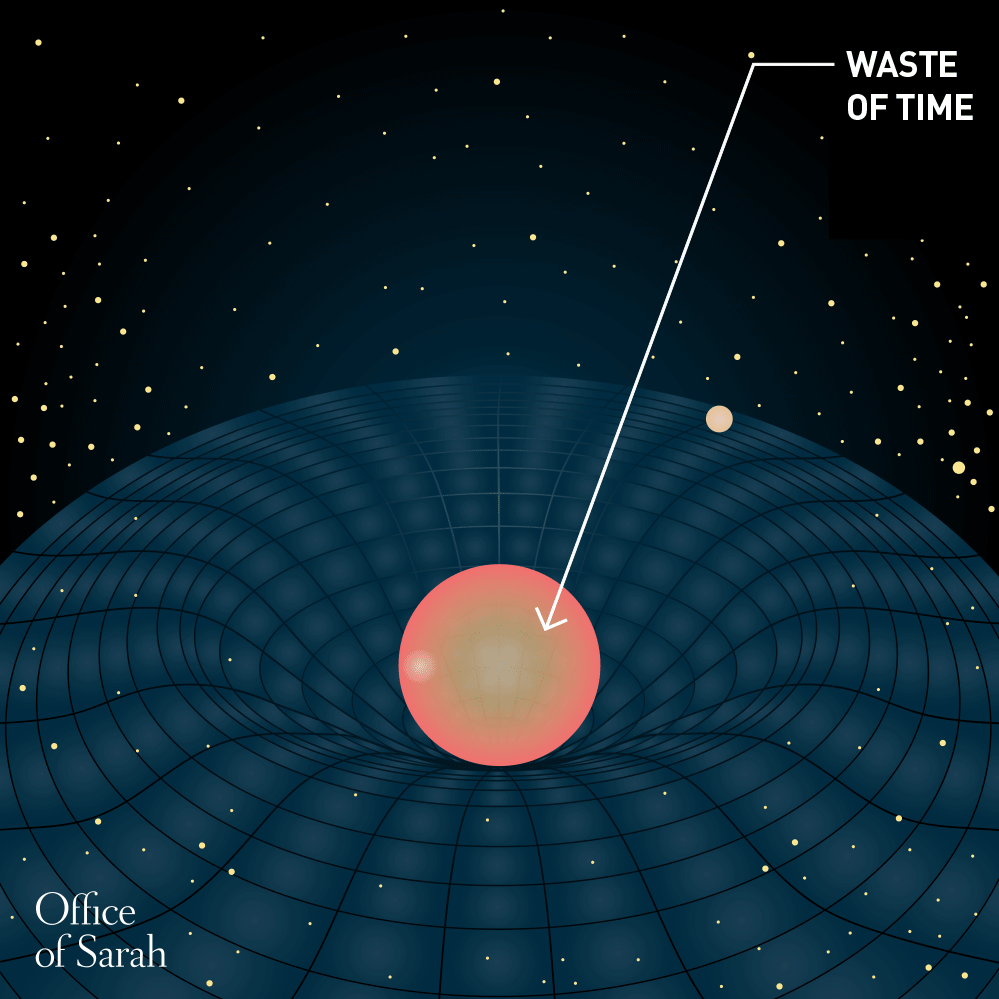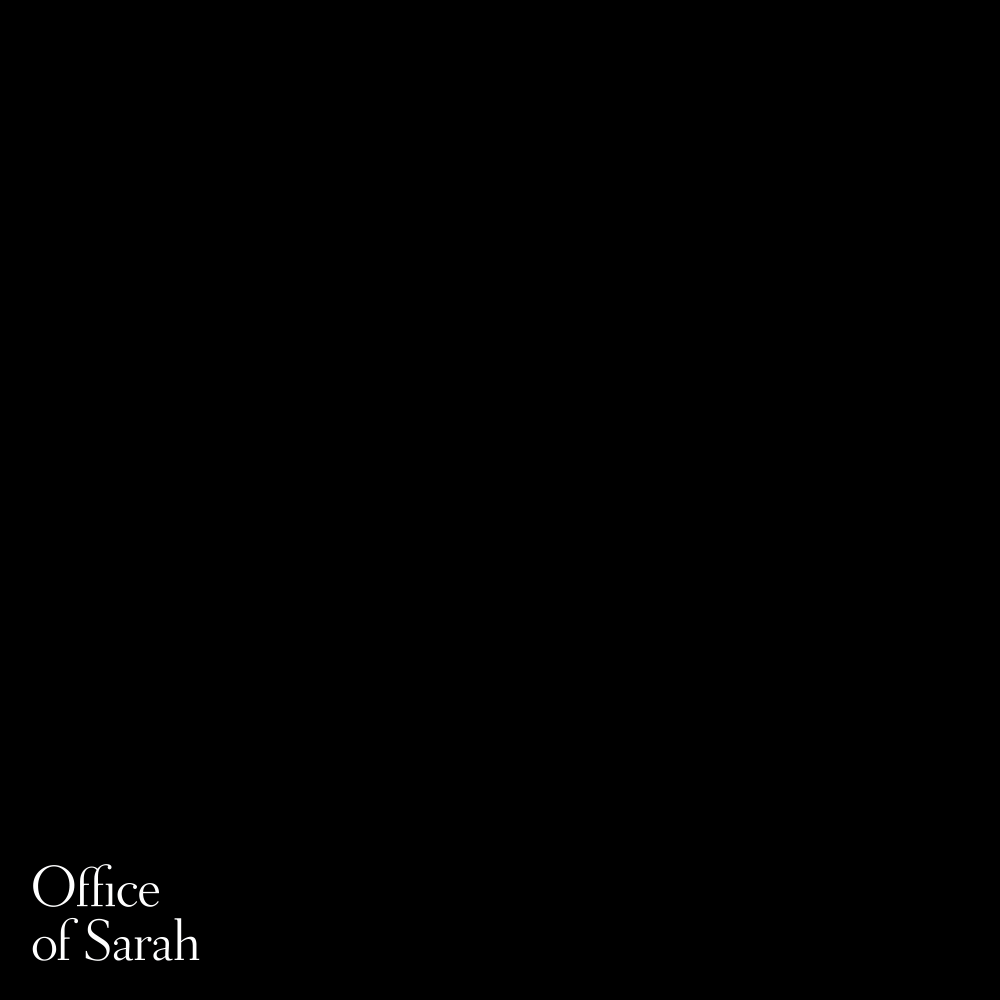The Illusory Problem of Time
I know it’s almost a trope to ask this question, but - what IS time? Does counting every minute of it make life fuller, or even better managed? My argument for this essay is that it does NOT, we should destroy our timekeeping devices and make precision clocks illegal. Although, perhaps those chained to their clocks are already living their punishment…
“Time is an illusion.” ― Albert Einstein
This is argumental point number one. Either we are much smarter than Einstein or much stupider, and I would warrant that we don’t heed his insights because of the latter, and to our own detriment.
Einstein argued that, unless you’re traveling at the speed of light, time is relative – not absolute. To me, this seems like it should apply as a rule-of-thumb across all “time-sensitive” matters (which, for the record, Einstein did not suggest – that I know of – but could I potentially say that I’m building on his research here? No, I most definitely cannot. However, it is my unqualified opinion that he would have agreed with me). For example, here is a short list of activities that would benefit from the wiggle-room offered by relative (rather than absolute) start and end times:
meetings
naps
office hours
lunch
Stressing and sweating about arriving at a meeting at exactly 2:00pm, or agonizing over the social faux pas of being a few minutes late, seems (ironically) like an incredible waste of time. Furthermore, will anyone ever be focused and attentive on the content of the meeting they’re in? No! Because they will already be thinking, stressing and planning on how to get to their next meeting on time! We are obsessed with time at the price of our own productivity, which is a vicious cycle because supposedly that’s what strictly-timed meetings and work days are (in theory) providing us.
“Good” Hours and “Bad” Hours
Not only have we obsessively compulsively started counting the seconds of our minutes, and the minutes of our hours, we’ve also started assigning moral judgement to time. For example, how many times have you heard a colleague or friend praised for doing a workout/work in the early hours of the morning, or the furrowed brow of disapproval for someone who slept in? How preposterous! If we must count time, surely there are no hours that are inherently “goodies” or “baddies” out of the 24-hour clock. This also brings to mind another relativity of time, which is that if it’s 11:30pm where I live in Canada at this moment, it’s 6:30am in London. Does that make the work happening here less virtuous, and the work happening there more virtuous?? I would describe this as “magical thinking at its most dull” (which could be an apt brand tagline for most of the things I’ve observed within the economic, capitalist business model).
The Flaw of the 10,000 Hour Rule
I’m sure many of you have heard of Malcolm Gladwell’s “10,000 Hour Rule” (from his book Outliers), which suggests that 10,000 hours of deliberate practice are needed to become expertly proficient at any specific task. I find that what people like to ignore in that formula is the deliberate part of the practicing.
Case-in-point: think about all the people you know who’ve been doing a job/activity/sport/skill for a very long time. Are they all really good at it? I think for most of us that would be a solid Hell no! Because time spent practicing a skill doesn’t speak to the quality of that practice. Quality of practice (or deliberate practice) “must be focused, determined, and in an environment where there's feedback.” (Malcolm Gladwell, Outliers). And although time is inherent to the process, focusing on counting the hours of your practice (as opposed to getting lost in the actual process of learning) is counter-productive at best.
In Conclusion
I am entirely and often guilty of scheduling too many things into my day, down to the minute, down to the wire, as they say. It could be (generously) interpreted as keeping my timelines ambitious, but the more accurate interpretation would be that I do it because I feel like I have to (social system) and should (societal pressure). The reality is that I find all these clocks and timelines suffocating.
If every precise time keeping device in the world suddenly disappeared—no time displayed on your iPhone screen, no bedside alarms, no blinking stove-top numbers, no work calendar with projects and meetings meticulously lined-up in tight formation for every hour of your day—what would a day look like?
You just wake up when you wake up.
You eat when you’re hungry.
You stop working on a project when it’s done.
You can’t really schedule more than three things in any one day because the most precise you can get with your scheduling is “sunrise”, “around midday”, or “sunset”.
I don’t know about you, but that’s sounds goddamn lovely.
TTYL—Going for a nap, no idea when I’ll be back.







